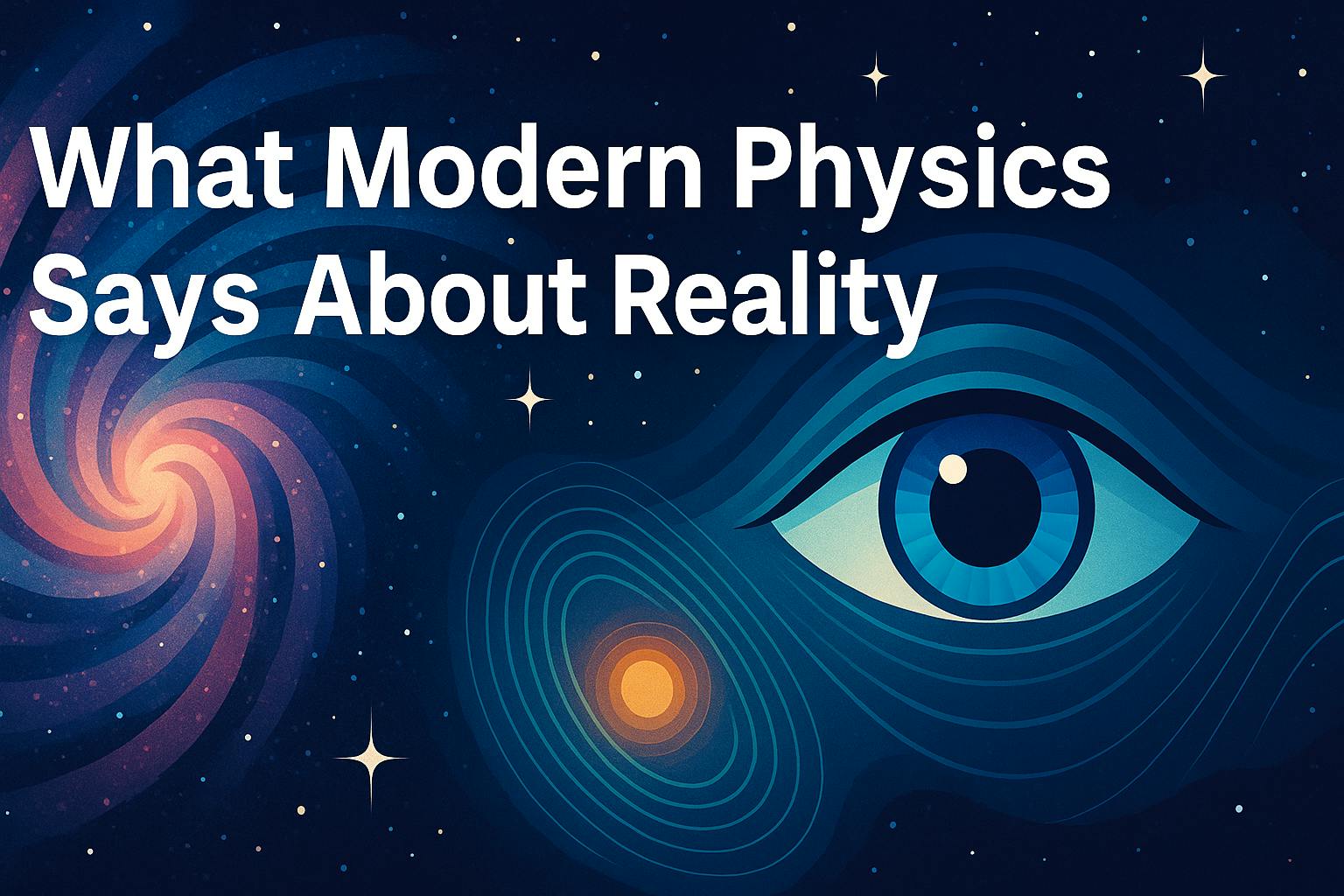
"The Universe resembles a finely tuned machine governed by elegant laws described through simple mathematics, with only a few exceptions unexplained by classical physics."
"Max Planck's decision to pursue physics was met with skepticism, as many believed that most discoveries had already been made, yet he triggered a transformation in our understanding of physics."
"Modern physics reveals the Universe as an expanding sphere of spacetime, which is a real, physical entity that interacts intimately with matter, leading to our perception of gravity."
"Matter influences the curvature of spacetime, creating an effect that we interpret as gravity, demonstrating the dynamic interplay between these fundamental components of the Universe."
Humanity's desire to understand reality has evolved from classical physics' clear worldview to the complexities of modern physics. Once thought complete, classical physics faced disruption, notably through Max Planck's contributions. Current understanding depicts the Universe as a continuously expanding sphere made of spacetime, a physical entity intricately connected with matter. Matter shapes spacetime, resulting in the gravitational effects we perceive around us. This reveals the profound interactions governing the Universe, marking a stark departure from previous notions of physics as elegant and simple.
Read at Hackernoon
Unable to calculate read time
Collection
[
|
...
]